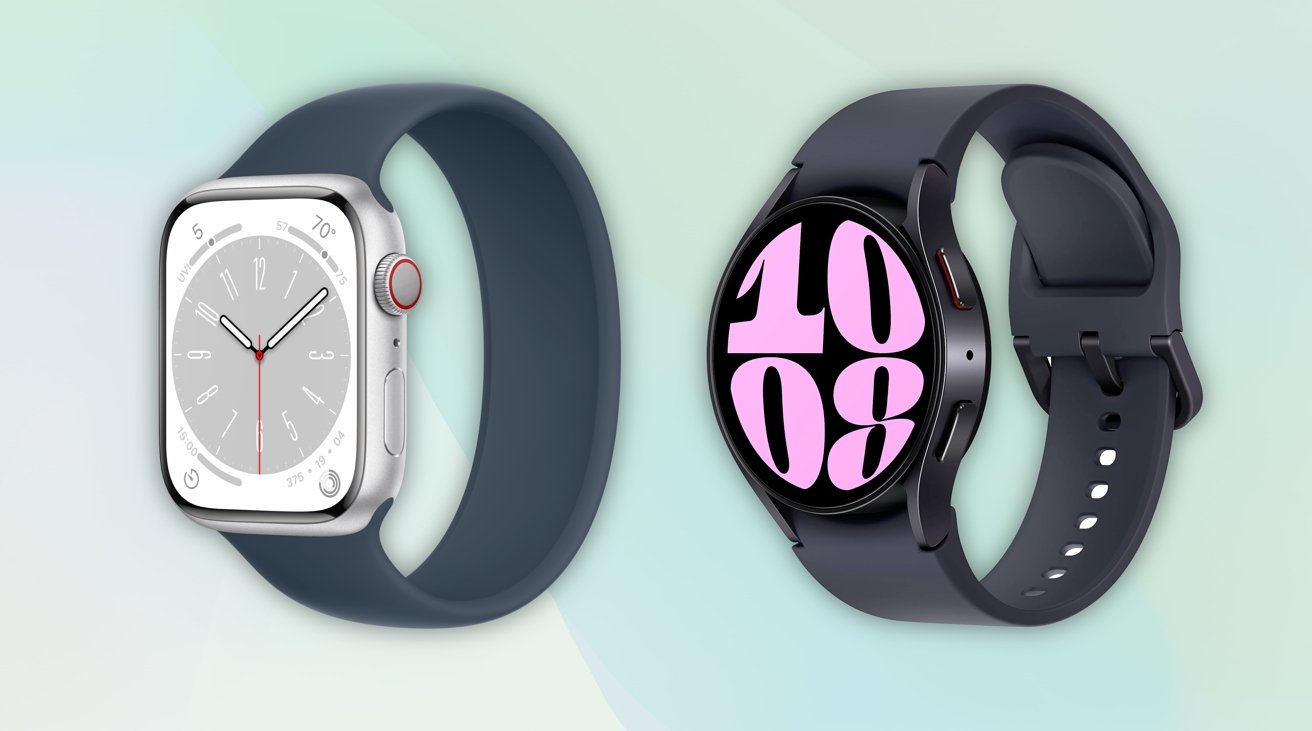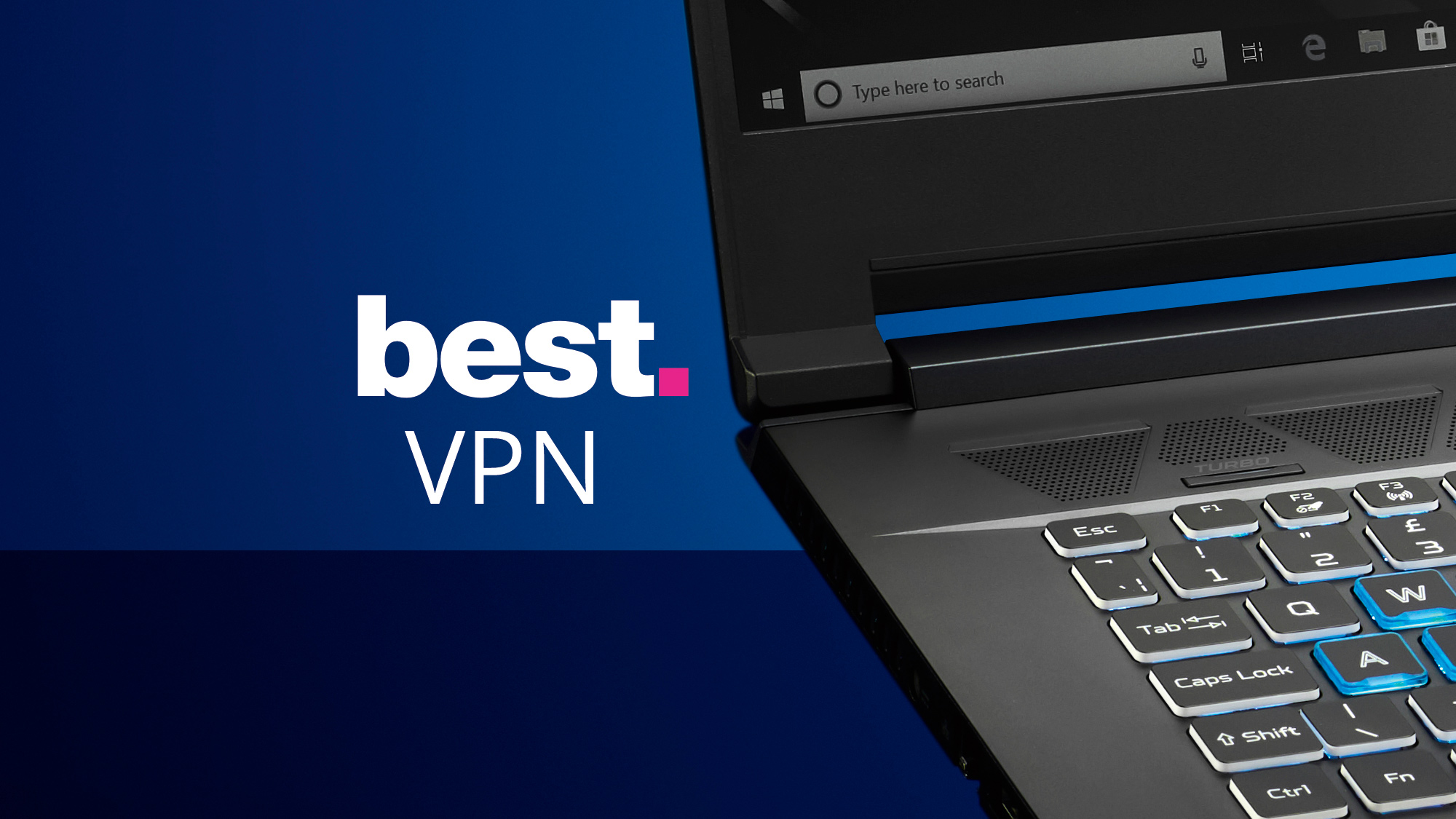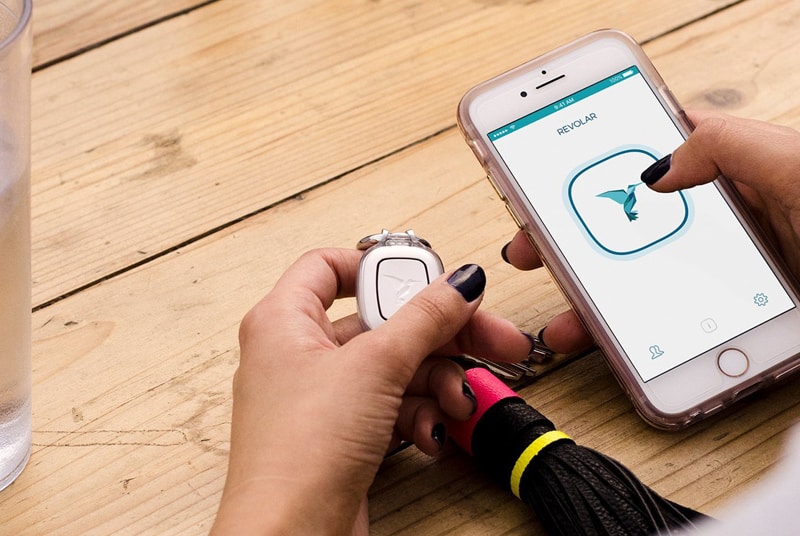The threat of identity theft is a very real and growing problem that our technical support team can help prevent. The culprits of identity theft collect personal information online and use it for criminal purposes. These cases are sure to increase in coming years unless consumers are better educated on how to secure their computers and mobile devices from hackers.
One study, released in 2016, claims that during 2015, identity thieves accounted for the loss of more than $AUD 20.4 billion from some 13.1 million people globally. So, what are the most common methods used by thieves to obtain information and how can you secure yourself against these hackers?
Here are some common methods they use to gather personal information and ways that they use it:
- A hacker can open a credit card account just by using your personal details found online, including your name, email address, banking login, and passwords.
- They may create duplicates of your credit cards and use these to purchase items online.
- Hackers can record sites you visit on the Internet and even your keyboard strokes by using a harmful malware computer program. This malware can unlock your passwords, which can then be used to access your bank accounts.
- Some hackers are able to shop online using other people’s debit cards. If your debit card details are stolen, you cannot claim for charges that were made fraudulently, as you can with a credit card.
- They may use a ransomware virus (click) that encrypts and locks your computer files. The files will only be decrypted and unlocked once you have paid the hackers a ransom to do so.
- If you connect to public Wi-Fi while you are out and about, a thief can access your phone or computer more easily.
Now you know the dangers, here are some steps you should take to secure your computer:
Encrypt your computer
If your computer is stolen, hackers can simply remove your drive and move the data files to their own device. In this case, having a password on your computer is ineffective. For extra security you need encryption.
This is a way to protect your data, especially personal information you use for online banking transactions and purchases. When handling digital information, there are several methods of encryption used at various stages:
- For the highest level of security, use full disk encryption. It saves all your data files in the event your notebook computer becomes lost.
- To encrypt a single file or group of files using a key or password, use single file encryption.
- Multiple users can access encrypted data using shared keys in the case of multi-folder encryption.
Encrypt your computer using only recommended programs, including Vera Crypt, which is free and suitable for Windows, Linux and OSX, and Bit Locker, which is included in Windows Enterprise and Pro editions.
Add authentication
Authenticating your computer is an essential step to protecting your device’s privacy and minimises the risk of identity theft.
There are several methods of authentication:
- With two-factor authentication, you can use your phone to make your passwords less accessible to identity thieves. When you make a request, such as when making a payment to a new biller via Internet transaction, a code is sent to your pre-registered mobile phone number. Only someone with access to your smartphone can obtain this code, as well as your password, to access your online information.
- Slot-in smart cards are available that can provide extra safety for business computers as well as smaller devices such as mobile phones and tablets.
- Biometrics can identify your face or fingerprints. Windows Hello, used by Windows 10 devices, works in a similar fashion. Only notebooks with Real Sense compatible fingerprint sensors and camera can use this feature.
Disable your browser settings
Having emails, passwords, and usernames stored in your browser is undoubtedly convenient, so most people do not use the disable option. However, if your computer is stolen, lost or hacked all the vital information you have stored in your browser could be used by identity thieves.
Emails also contain a lot of your personal data and should be secured. Security experts advise the use of strong passwords (at least 12 characters with a mix of symbols, numbers, and both lower and upper case letters) to ensure it is much more difficult for criminals to hack into your computer and unlock your accounts.
Keep your anti-virus/malware programs updated
Good security software can keep you protected whether you are using your computer, notebook or smartphone to access the internet. It can ensure your computer’s protection from a variety of attacks including viruses, phishing, malware and hacking.
Installing an anti-virus and anti-malware program and ensuring it is regularly updated is the best form of protection.
Keep your wireless connection safe
Hackers often use Wi-Fi to access computers or mobile devices. If your Wi-Fi system is not encrypted, it can be used to watch just about anything you do when you are online.
At cafes, airports or hotels, avoid accessing your financial accounts or any other sensitive information if you need to connect to a public Wi-Fi network.
At home, be sure to place a strong password on your household’s Wi-Fi and also encrypt it. Hackers can use your household Wi-Fi to build a comprehensive picture of everyone in the household using the internet by looking at the websites they each visit.
A strong password is the best way to safeguard your Wi-Fi connection. Whilst most websites encrypt any information you give them, some don’t provide secure login encryption to keep your information safe and so they need to be treated with caution.
Get an identity protection plan
Investing in a good protection program that alerts you in the case of attempted identity theft is also highly recommended.
One such system is Life Lock, which monitors your devices and sends an alert to your email address, or via SMS to your smartphone, if any risks are detected that could lead to hackers.
If you need further information on protecting yourself and your business from hackers, we offer a range of business IT support services including technical support and data recovery. Simply call our help desk for any advice or assistance you require.






